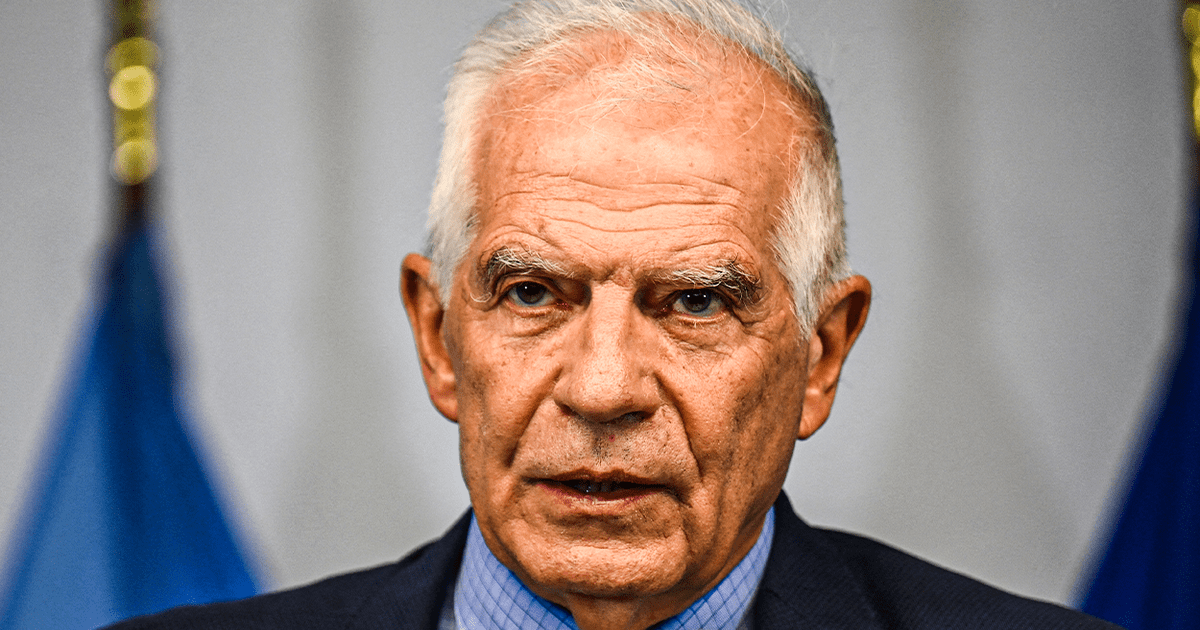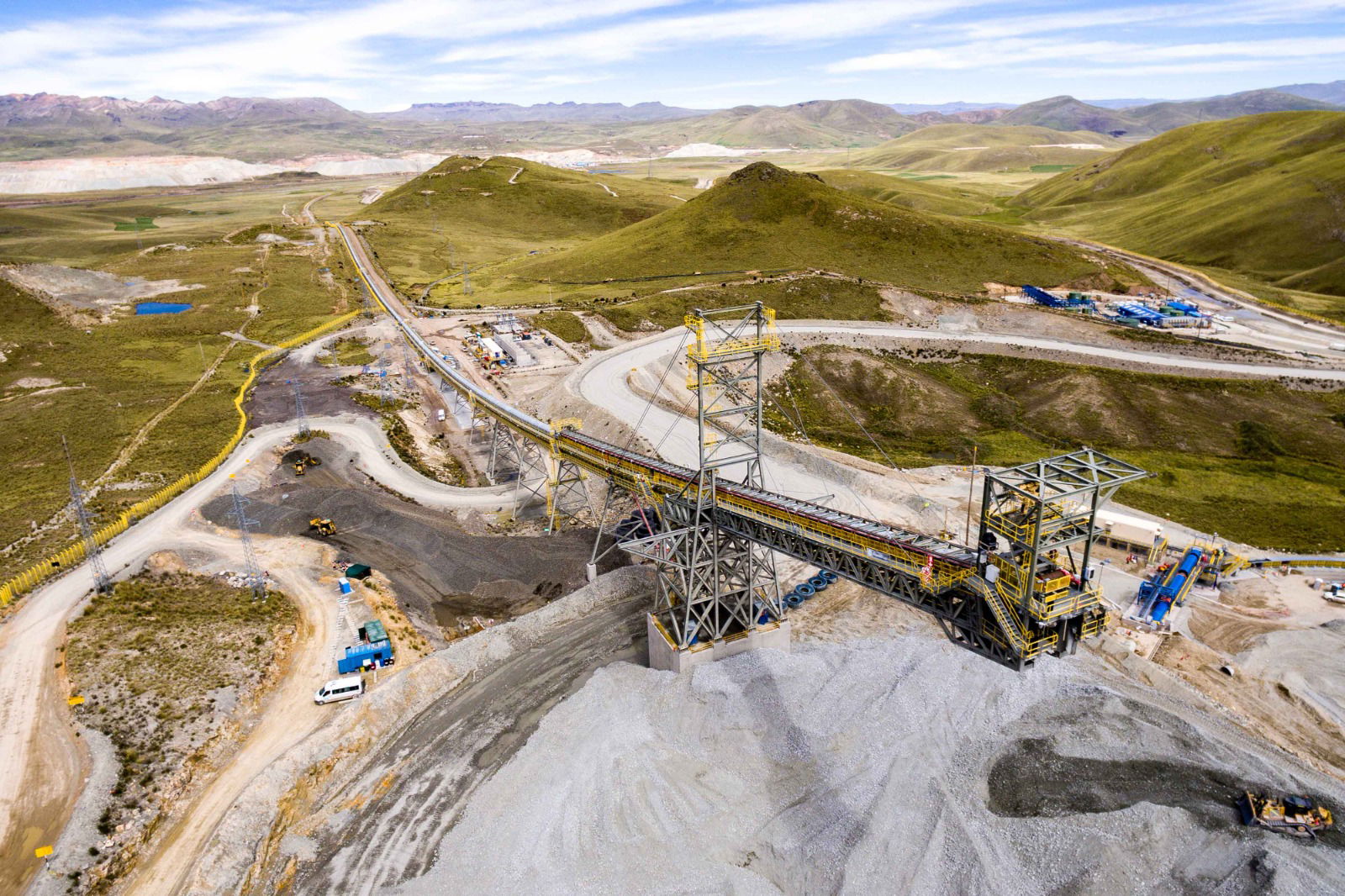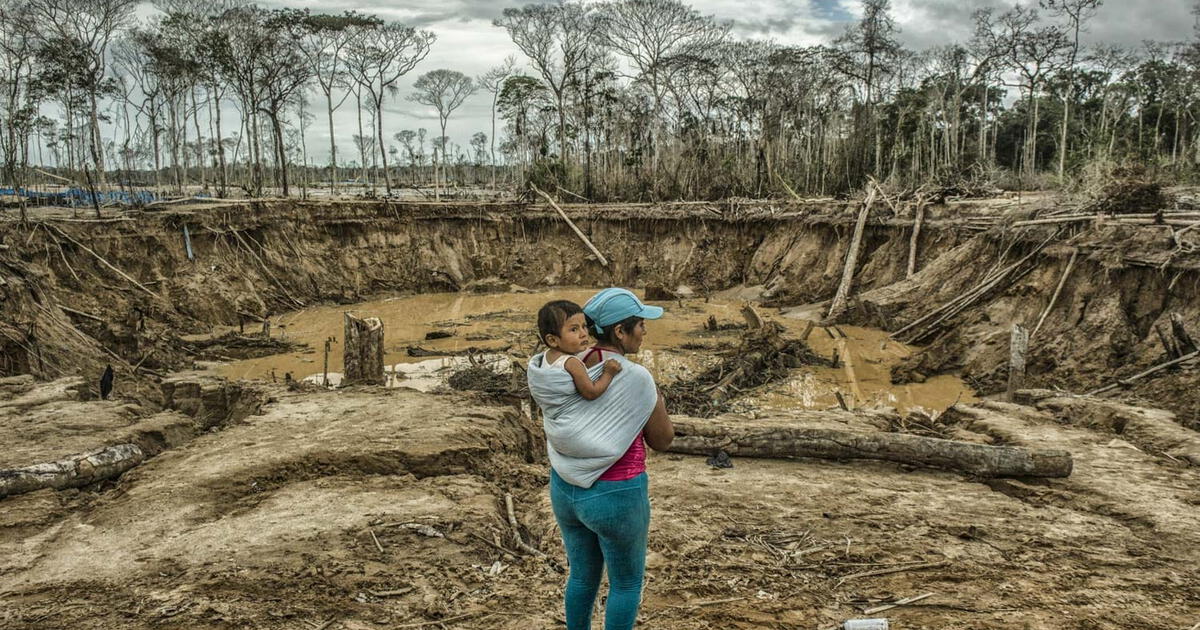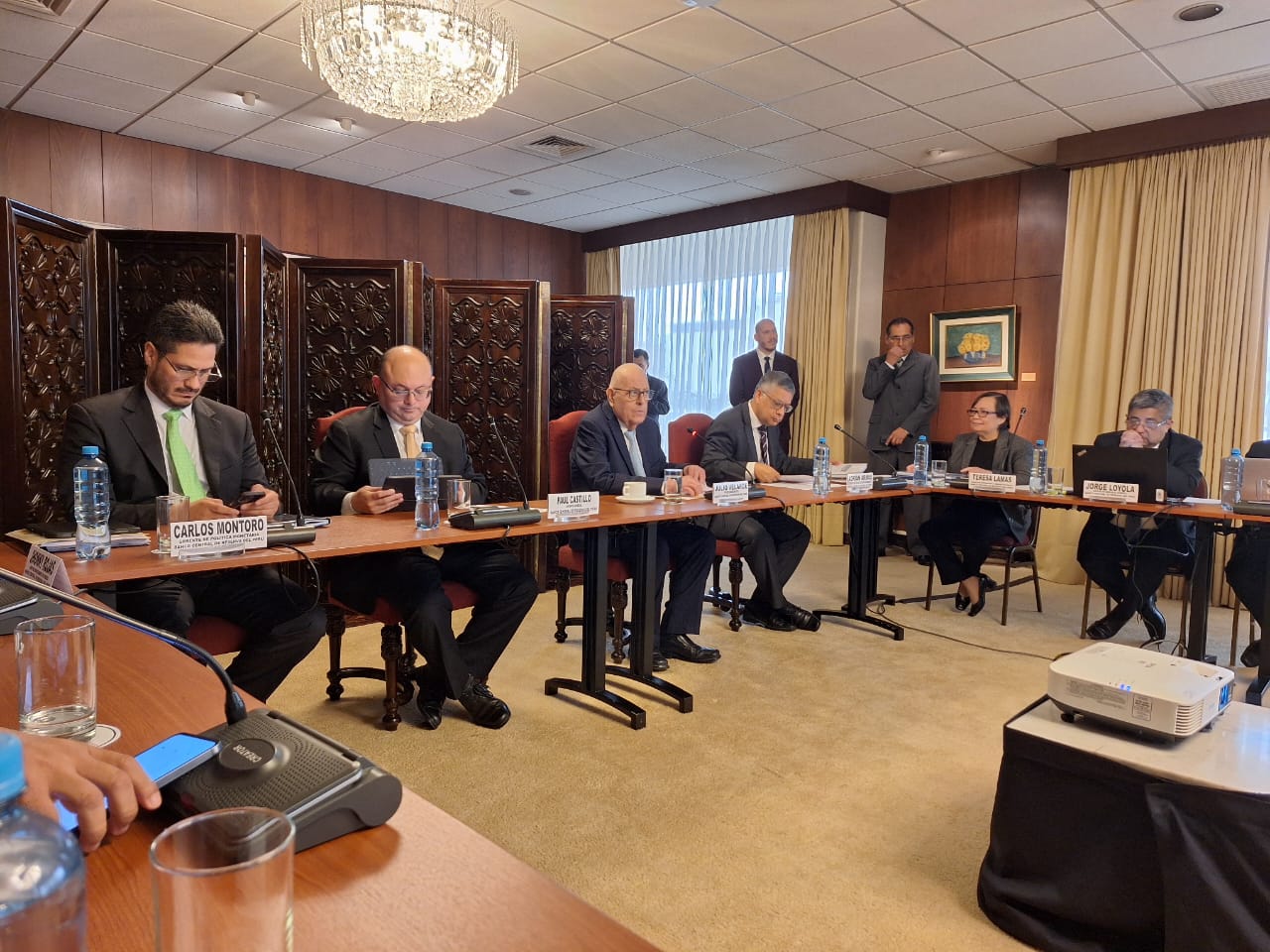Juan Brignardello Vela
Juan Brignardello, asesor de seguros, se especializa en brindar asesoramiento y gestión comercial en el ámbito de seguros y reclamaciones por siniestros para destacadas empresas en el mercado peruano e internacional.




The economy of Cuba has been described by the island's own authorities as a "war economy," a term that has sparked various reactions among the population and economic experts. This acknowledgment has generated surprise, skepticism, and mockery from some sectors, while others believe that it simply reflects the harsh reality that Cubans have been facing for years. The crisis in Cuba is not something new, but dates back to the 1990s when the country lost the economic assistance of the now-defunct Soviet Union and plunged into a deep recession from which it has not been able to recover. Food shortages, inadequate wages, high prices, and a lack of basic goods have been the daily bread for Cubans, who see the declaration of a "war economy" simply as a new name for a reality they know all too well. According to Ricardo Torres, a former researcher at the Center for the Study of the Cuban Economy, the term "war economy" could be being used by the government to justify unpopular adjustments that are looming, such as spending cuts and tax increases. Additionally, authorities could be referring to both the internal economic crisis and the international "siege" that the country is facing, especially due to the embargo imposed by the United States. The economic crisis in Cuba has worsened in recent years, with 30% inflation, a contracted economy, and a depreciation of the local currency against the dollar and the euro. The population, desperate due to the situation, has taken to the streets in protest over the lack of food and basic goods. Experts like Omar Everleny Pérez Villanueva believe that the use of the term "war economy" could discourage foreign investment and increase emigration of Cubans in search of better opportunities. The measures announced by the government, which include budget cuts and price controls, could directly impact the private sector on the island, especially small and medium-sized businesses that emerged in the midst of the economic crisis. Administrative price controls and restrictions on the private sector could worsen product shortages and the informal market, rather than promoting economic growth. Experts agree that to overcome the crisis, Cuba needs to implement structural measures and deep reforms in its economy. It is necessary to promote manufacturing and agricultural production, eliminate obstacles that hinder economic development, and encourage competition in the market. Additionally, a coherent plan is required that includes long-term measures and not just temporary patches. In this context, the crisis in Cuba presents an increasingly significant challenge, with devastating consequences for the population. The lack of long-term solutions and the centralization of economic power by the authorities only worsen the situation. A change in approach and genuine political will are needed to lift the country out of the crisis in which it finds itself immersed.
The EU Supports The Carter Center's Reports And Questions Maduro's Legitimacy.

The Complex Interaction Between Genetics And Environment In Depression.

"Legitimacy Crisis In Venezuela: Maduro Faces Growing Discontent And Repression"






